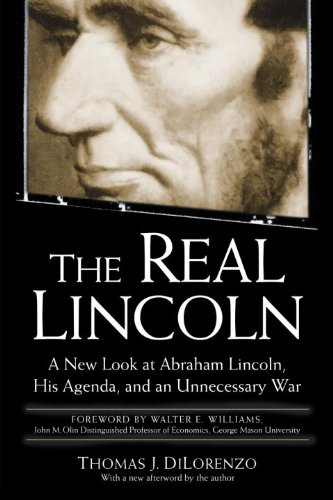
The Confederate Constitution eliminated protective tariffs for industry altogether. The Boston Transcript observed on March 18, 1861 that “the principal seceding States are now for commercial independence” from the North, and it warned its readers that if free trade were permitted to exist in the Southern States, then the Southern ports would take away most of the trade from Boston, New York and other Northern ports. There is no doubt that a free-trade South could not be tolerated by protectionist Northern merchants who supported Lincoln’s party,
Bernhard Thuersam, www.Circa1865.com The Great American Political Divide
The Tariff Battle Leads to War
“In a November 1860 speech before the Georgia legislature, US Senator Robert Toombs explained why Southerners were complaining of unconstitutional fiscal plunder by the federal government and why they believed it was about to get much, much worse with the election of Lincoln.
In recent years, Toombs explained, the Northern States had succeeded in having Congress give them a legal monopoly in the shipbuilding business, prohibiting the sale of foreign-made ships in the United State. This increased the cost of shipping to the trade-dependent South.
Other laws prohibited foreign shippers from offering lower prices than American shippers. Special taxes were assessed on the citizens of Southern coastal areas to pay for lighthouses and harbors that primarily benefited the Northern shipping industry. “Even the fishermen of Massachusetts and New England,” Toombs complained, “demand and receive from the public treasury about half a million dollars per annum as a pure bounty on their business of catching codfish.”
Northern manufacturers also enjoyed trade protection with tariffs and import quotas “for every trade, craft, and calling which they pursue,” with tariffs ranging “from fifteen to two hundred percent,” most of which end up being paid by Southerners. No wonder they cry out for glorious Union,” Toombs said sarcastically, for “by it they got their wealth.”
On the eve of the South’s secession, Toombs then railed against the proposed Morrill Tariff, which proposed raising the tariff rate by as much as 250 percent on some items. With this tariff bill, Northerners were “united in a joint raid against the South.”
Because of the federal government, largely under the influence of Northern politicians, had overridden its bounds of constitutionality with regard to public spending, the Treasury had become a “perpetual fertilizing stream to [Northern businesses and laborers] and a suction-pump to drain away our substance and parch up our lands.”
(The Real Lincoln, A New Look at Abraham Lincoln, His Agenda, and an Unnecessary War; Thomas J. DiLorenzo, Forum, 2002, excerpts pp. 126-127)

No comments:
Post a Comment